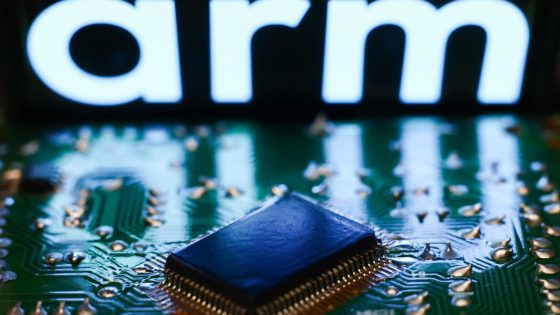Oklahoma State players will not have QR codes on their helmets in 2024.
The Cowboys announced earlier this month that each player would have a code on their helmets that fans could scan while watching the game. The link would have taken people to a donation page for the school’s NIL fund, where fans could give money to be used to pay players for their image rights.
The NCAA, however, wasn’t too keen on the idea. Just before its season-opening game against South Dakota State on Saturday, Oklahoma State said the NCAA was preventing the school from putting the QR codes on the helmets. The school said in its statement that it interpreted the QR codes as “institutional decals permitted under NCAA bylaws” while the NCAA said the stickers were “advertising and/or commercial marks.” Those are not allowed.
“We disagree with the interpretation of the rule but will abide by it and work with the appropriate groups to lead on the needed change,” Oklahoma State athletic director Chad Weiberg said in a statement. “Our people came up with an innovative concept to raise the NIL value of our student athletes, but ultimately, it just serves as the latest example of how college sports are evolving at a faster pace than the rule book.”
It’s hard to disagree with Weiberg’s last sentence. The NCAA has been playing catch-up ever since it opened the floodgates without much foresight to allow players to receive long-overdue income for their name and image rights. The lack of planning on the NCAA’s part has led to schools navigating an unprecedented landscape without much direction. And has also led the NCAA to beg Congress for federal laws to help govern college athletics.
Oklahoma State also said that it had even consulted with the Big 12 before unveiling the QR codes and its statement on Saturday included a comment from Big 12 commissioner Brett Yormark.
“As we enter this new age of college athletics, the Big 12 Conference welcomes the opportunity to be at the forefront of innovation and creativity,” Yormark said. “I look forward to partnering with the NCAA and my fellow conference commissioners in an effort to modernize legislation that enables our schools to drive value for our student athletes.”
Source Agencies



